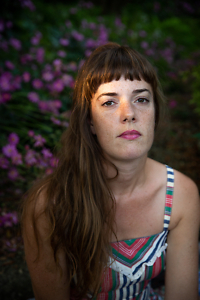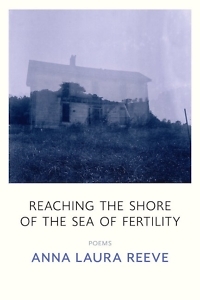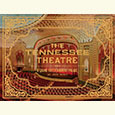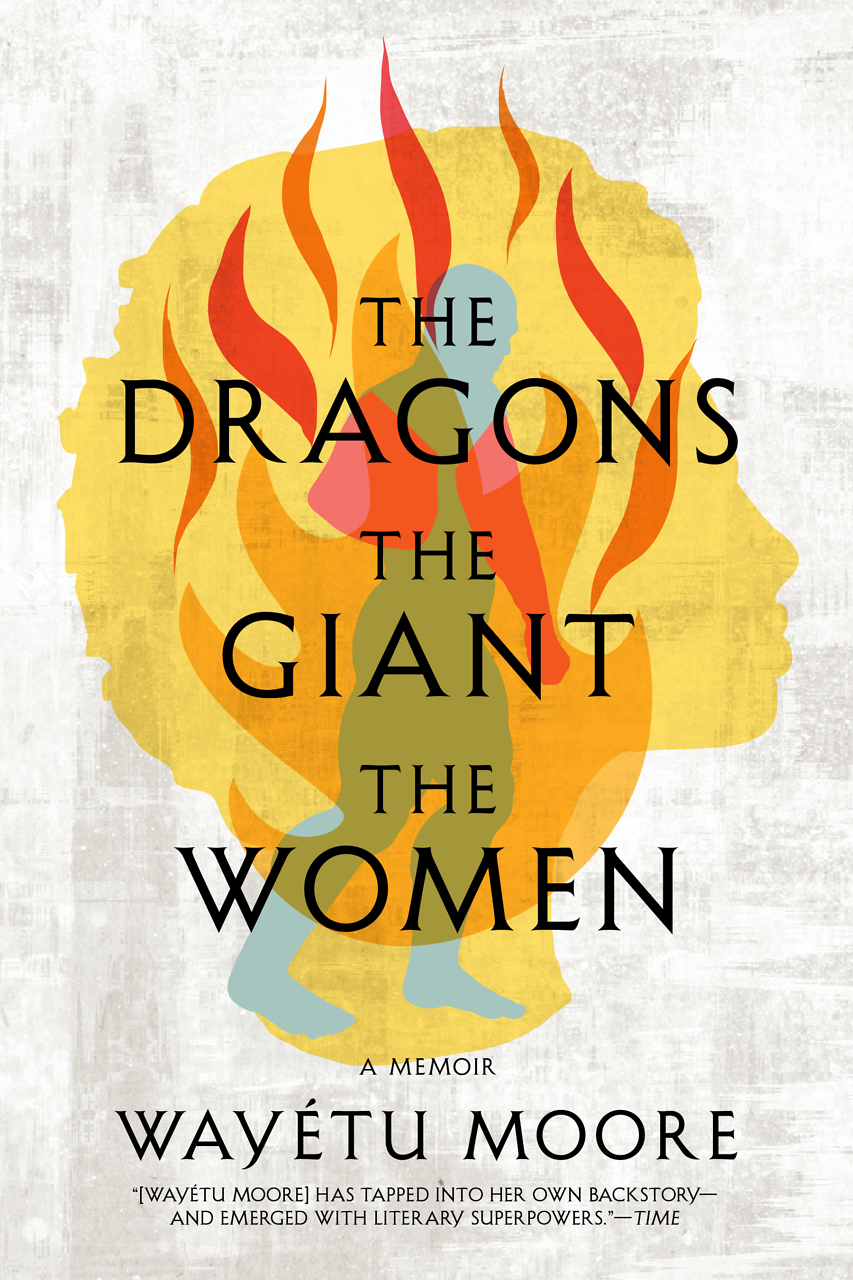When They Decide It’s Spring
Poet Anna Laura Reeve entwines motherhood with the natural world in her luminous debut collection
“Domestic poem. No hunts, / no kills,” Anna Laura Reeve writes in the opening “Ars Poetica” of her debut collection, Reaching the Shore of the Sea of Fertility. Then the poem turns and tunes itself: “But here on a steel rail, / frozen, till painful to the touch, / and miles from civilization, I put my ear.”

This first poem sets the stage for Reeve’s arresting voice and vision, signaling that these “domestic poems” will defy sentimentality or easy categorization. In this luminous debut, Reeve depicts motherhood with startling honesty and insight, enmeshed with experiences of the natural world and the enduring drive to make art.
The centerpiece of Reaching is a long poem, “The Edinburgh Postnatal Depression Scale,” which won Beloit Poetry Journal’s Adrienne Rich Poetry Award in 2022. Structured through the framework of a symptom checklist, this electrifying work narrates the speaker’s harrowing initiation into motherhood. Each section highlights the speaker’s disorienting postpartum experiences, in all their isolation and illumination.
After the violence and surrealistic confusion of a traumatic delivery, the poem’s speaker finds that learning to mother a newborn has ripped open an interior space of echoing strangeness, where “unknown shapes and sharp edges / slowly roil.” Within this space, she feels “the chill and open space / of awe but without the joy.” She moves through this new reality with sleep-deprived dread: “my canoe slides down a river // of threat, a low sky / boxing us in, // strange forms // moving under us.”
Motherhood throttles her from every side, even as her husband faces a health crisis. Each moment seems to carry a slew of unanswerable questions. When her baby daughter overheats while sleeping on the speaker’s chest, waking with a fever, she asks in bewilderment: “Why should my heart’s blood be too hot for her / when she was robed in it / seven days ago?”
 In a later poem, “Trying,” Reeve poses another striking, possibly unanswerable question: “What do people want, when they want / children?” But in this stretch of the book, the point of view has shifted somewhat, emerging from the darkness of the early poems’ postpartum winter. Now the consciousness at work in the poems seeks solace and renewal in the cycles of nature operating everywhere she turns.
In a later poem, “Trying,” Reeve poses another striking, possibly unanswerable question: “What do people want, when they want / children?” But in this stretch of the book, the point of view has shifted somewhat, emerging from the darkness of the early poems’ postpartum winter. Now the consciousness at work in the poems seeks solace and renewal in the cycles of nature operating everywhere she turns.
Reeve lives in East Tennessee, where she was born and raised. The landscapes of Southern Appalachia, as well as their flora and fauna, provide an abundant, necessary source of emotional and thematic sustenance throughout these poems.
In “First Sugar Moon of the Pandemic,” for example, early green shoots and blooms arrive without warning, while above, “cardinal call splatters the air with a thin / iridescent paint.” Out of this riotous growth, we must mark seasonal time. “When they decide it’s spring, it’s spring. Calendar be damned.”
Amid poems like this one, Reeve weaves in the cycles of human fertility, including references to miscarriage. Such poems carry a bittersweet sting, but they also embrace the sensuous attributes of numerous plants, whether they’re cultivated on the speaker’s farmland or rewilding a high mountain bald. And the overall impact is an enlivening one that acknowledges the complexity of all life on our planet. As Reeve puts it, “Fecundity, you ten-sided dice.”
The final third of Reaching follows another turn of season. Here, the everyday extremities of motherhood — its joys, its constraints — begin to include the writer’s impulse to seek form and language. Several of these poems highlight a character called The Mad Mother, a figure who is casting about for stories, myths, and muses that reflect her experience as a mother who writes.
One poem fondly but wryly namechecks the Irish poet Eavan Boland, whose vision of “domestic tranquility” leaves the speaker scratching her head. Another evokes the Russian fairy tale “Vasilisa,” in search of wilder, darker inspirations: “It was my terror / and my light.”
Reeve began her collection with a shattering initiation. But by the final poem, “Flower Moon,” that shattering has come to include the transformative potential of all creativity, including the writer’s commitment to making art.
The poem’s speaker looks out on familiar mountains, taking in this landscape as a writer and as a mother simultaneously. “Here / is my tired and beautiful skin,” Reeve writes. “my body full of knowledge, / on a ridge overlooking the spine of an ancient range.”
In this moment, the speaker seems to recognize that the way forward from here will be a new season of identity, discovery, and art-making. But she must choose to take her first steps. “I who became a mother and left this world hold its invitation / in my body.”
A moment of quiet then follows — the pressurized silence that often proceeds great moments of change. This moment “makes me want to climb these pines / like a ladder.” Reaching the Shore of the Sea of Fertility invites us to follow her.

Emily Choate is the fiction editor of Peauxdunque Review and holds an M.F.A. from Sarah Lawrence College. Her fiction and essays have appeared in Mississippi Review, storySouth, Shenandoah, The Florida Review, Rappahannock Review, Atticus Review, Tupelo Quarterly, and elsewhere. She lives near Nashville, where she’s working on a novel.


